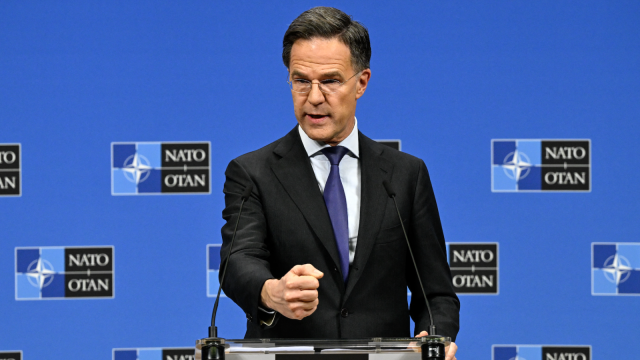The head of U.S. car maker Ford Motor Company’s Russian venture sees car sales in the country staying about flat in 2014 after a fall this year, but is optimistic on the market’s longer-term prospects.
Car sales in Russia have fallen for the past seven months, causing the Association of European Businesses, or AEB, which includes Europe’s top carmakers, to cut its 2013 sales forecast to 2.8 million vehicles, a 5 percent fall from 2012.
Car sales have fallen partly as economic growth has slowed, causing people to postpone large purchases.
“We are certainly concerned in the short term,” Ted Cannis, chief executive of Ford Sollers, said in an interview. Ford Sollers is a joint venture between Ford and Russian carmaker Sollers.
“It is not a crisis, but it is certainly not going in the right direction. Equally, the government is clearly concerned also about where things are going and are taking some actions,” he added.
Cannis said he expected 2013 sales for the industry to be about the 2.8 million level forecast by the AEB and sees 2014 to be “in the same sort of range.”
AEB’s September data showed Ford’s new car and LCV sales in Russia fell 19 percent for the period January to September from the same period a year ago. Cannis declined to forecast 2015 Russia market sales or predict Ford’s own sales in the country.
“It is getting close to the end of the year and that is about where we are looking at as well,” he said, when asked about his forecast relative to the AEB’s. “I think over the near term it will stay at those kind of levels.”
The government in July launched a scheme to subsidize credit-backed vehicle purchases, which Cannis said had mitigated some of the decline in sales in Europe’s No. 2 car market.
Although Russian households have relatively low debts, their borrowing costs are actually higher than in the U.S. — at 20 percent of incomes — because much lending is short term at steep rates of interest.
“Long term, the same fundamentals are in place as before — large population, enormous amounts of resources that the world needs, car density at half of Germany or Spain,” said Cannis.
A recent Boston Consulting Group report said there were only 290 cars per 1,000 Russians versus 560 in Western Europe.
Many of those vehicles are old, while a decade of strong growth driven by Russia’s mineral wealth is slowly empowering a greater chunk of its population.
The government is trying to solve the malaise in part with plans to invest in infrastructure projects, which could feed through into wider demand, said Cannis.
Formed in 2011, the Ford Sollers venture is based in Khimki, a town in the Moscow region, and has production facilities at Vsevolozhsk near St. Petersburg and at Yelabuga and Naberezhniye Chelny in Tatarstan.
It has announced plans to invest $274 million in a new power train plant in Tatarstan, employing 500.
Cannis said the venture has invested more than $350 million so far in Russia and will invest “at least another couple hundred million” in 2014.
In two years, Ford Sollers has advanced from building two cars — the Focus and Mondeo — to eight today, adding the Kuga, Explorer, S-MAX, Galaxy, Transit and Tourneo Custom.
It will start making the Edge and EcoSport SUVs early next year to meet demand for larger cars in Russia.
A Message from The Moscow Times:
Dear readers,
We are facing unprecedented challenges. Russia's Prosecutor General's Office has designated The Moscow Times as an "undesirable" organization, criminalizing our work and putting our staff at risk of prosecution. This follows our earlier unjust labeling as a "foreign agent."
These actions are direct attempts to silence independent journalism in Russia. The authorities claim our work "discredits the decisions of the Russian leadership." We see things differently: we strive to provide accurate, unbiased reporting on Russia.
We, the journalists of The Moscow Times, refuse to be silenced. But to continue our work, we need your help.
Your support, no matter how small, makes a world of difference. If you can, please support us monthly starting from just $2. It's quick to set up, and every contribution makes a significant impact.
By supporting The Moscow Times, you're defending open, independent journalism in the face of repression. Thank you for standing with us.
Remind me later.






